Your Top 15 Tax Questions, Answered
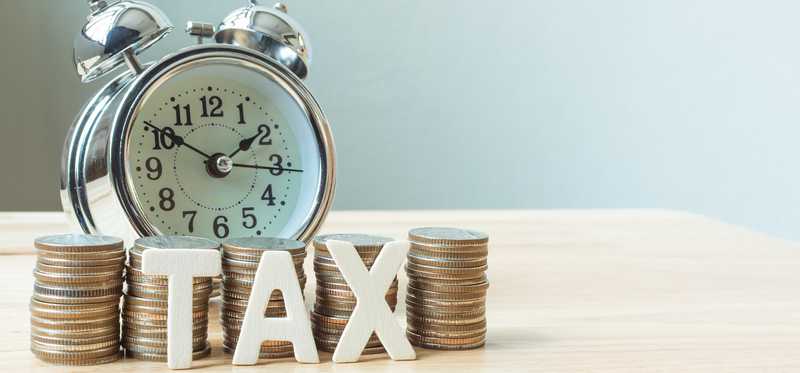
Your Top 15 Tax Questions, Answered
Tax season has begun for 2019!
Tax season started on Jan. 28, and that means that you can now get your return prepared and filed so you can get your refund from the IRS. It can sometimes be difficult to find answers to the questions you have, especially with all the rule changes that took effect over the past year. Here we'll look at some common questions and provide the information you need to make informed decisions about your taxes.
Previous
Next
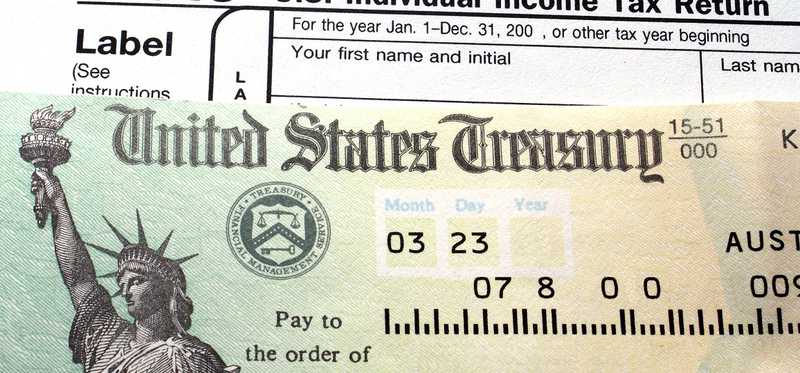
1. How fast will I get my refund?
You can't count on a fixed schedule for getting a tax
refund, but the IRS tries to get refunds out within 21 days of filing your return, and it claims a 90% success rate in doing so. Filing electronically and arranging for direct deposit are both faster than using a paper return or having a check sent to you by mail.
ALSO READ: Counting on a Tax Refund This Year? Here's Why You Might Need a Backup Plan
Previous
Next

2. How do I figure out which form to file?
Good news: the multiple tax forms you used to have to choose from are now history. Under the old tax laws, you had to pick between Forms 1040,
1040A, and 1040EZ. But under tax reform, there's a single Form 1040 that everyone will file, with various additional schedules for those with more complex returns.
Previous
Next

3. What's the deadline for filing my return this year?
After several years of seeing holidays push tax
day beyond April 15, things go back to normal this tax season. Unless you live in Maine or Massachusetts, Monday, April 15 is your day of reckoning with the IRS.
Previous
Next

4. Do I have to file a return this year?
Many people don't realize that there are situations in which they can legally avoid having to file a return. For the 2018 tax year, you aren't required to file if your gross income is less than $12,000 for single filers, $24,000 for joint filers, $18,000 for heads of household, or $24,000 for a qualifying widow or widower. If you're 65 or older, you can add $1,600 to those amounts if you're single or a head of household, or $1,300 if you're a joint filer or a qualifying widow or widower. But there are situations in which filing is still necessary if you want to get a refund back from the IRS.
Previous
Next

5. How do I file if my marital status just changed?
For tax filing purposes, what's important is whether you were married or not as of Dec. 31 of the tax year in question. So if you got married on Dec. 30, then you'll need to file using one of the two married filing statuses. If you got divorced on Dec. 30, then you'll need to file as a single person, or head of household if you qualify. By contrast, if you got married or divorced right after 2019 began, it won't have any impact on what your filing status was for your 2018 tax return.
ALSO READ: Should Any Married Couples File Separate Tax Returns?
Previous
Next

6. How do I figure out my new tax bracket?
Tax reform kept seven tax brackets in place but reduced the tax rates that apply to five of them. To figure out which one you're in, calculate your taxable income and then compare it to the brackets here. However, keep in mind that your tax bracket rate doesn't apply to all of your income -- only to that portion of your income above the bracket threshold.
Previous
Next

7. What happened to my dependent exemptions?
In past years, you were allowed to claim children
as dependents if they were under age 19 or students under age 24, lived
with you more than half the year, don't file a joint return, and provided no
more than half of their own financial support during the year. However, tax reform got rid of the personal exemption, which in turn took away the $4,050 reduction to your taxable income that you were allowed to claim.
Previous
Next
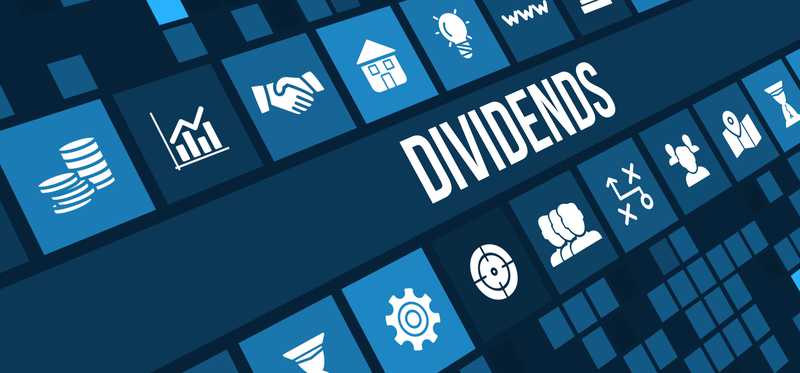
8. Can I still get lower tax rates on dividends?
Qualified dividend income enjoys a lower tax rate than most other types of income. Low-income taxpayers can actually get a tax-free 0% rate on qualified dividend income, while rates of 15% and 20% can cut tax by half or more for higher-income households.
Previous
Next
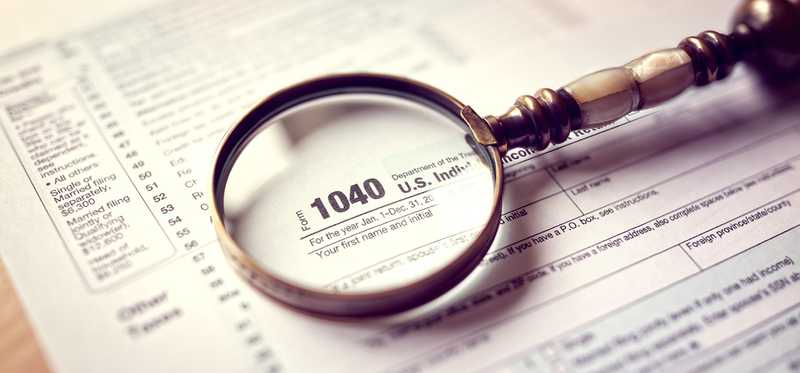
9. How do I find out more about tax breaks?
There's not enough room to go into all the tax credits, deductions, and other breaks available. But this article provides some of the most important tax breaks under the new tax laws, and you can get a full list of every available deduction here.
Previous
Next
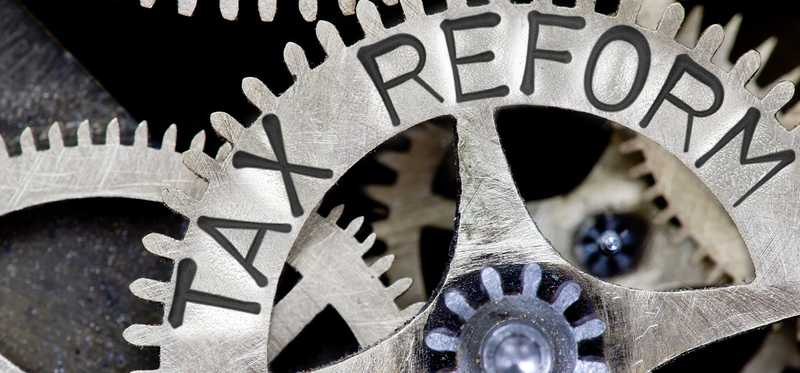
10. Will tax reform make my refund bigger or smaller this year?
You can get the full lowdown on the tax reform laws and their impact by reading the article linked within. In general, many people will benefit from lower tax rates and higher standard deductions and child tax credits. But some will suffer from the elimination or limitation of certain tax breaks. Every taxpayer's situation is different, so it's important to take the time and compare how you did last year with what you pay this year.
Previous
Next
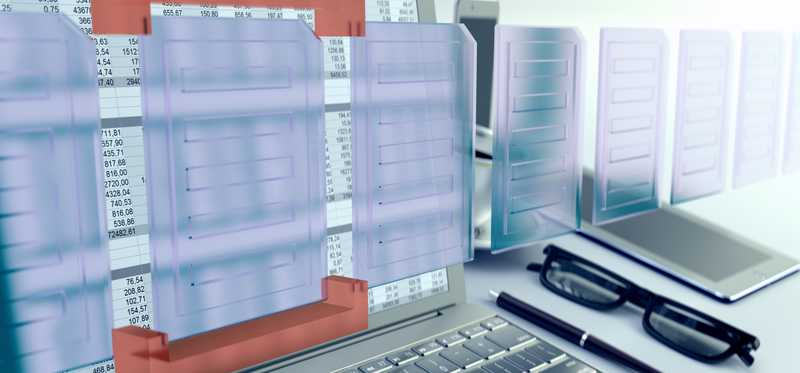
11. Should I e-file my tax return this year?
The IRS has encouraged electronic filing for years, and it cites a number of advantages for doing so. E-filing your return makes sure that it won't be lost or stolen in the mail, protecting your vital tax and personal information. Processing of returns is faster when they're electronically filed, and you can get a refund faster as well. Fewer errors occur with electronically filed returns, largely because when you use a computer to prepare your return, it usually catches basic math errors that can lead to delays.
ALSO READ: Your Quick Guide to Filing Your Taxes Electronically
Previous
Next
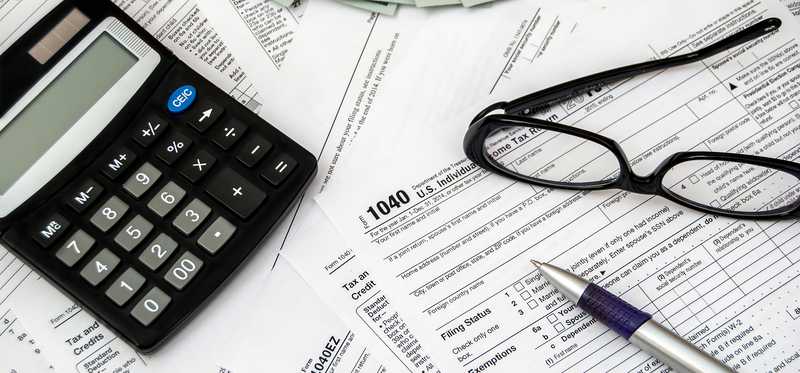
12. I need an extension. What do I do?
Getting an extension is easy. All you have to do is go to this IRS
website and submit the required information. Once you file it, you'll be eligible to take up to six more months to file. Be aware, though, that you still have to pay your
taxes on time. Also, be sure to get the extension request in before the April 15 deadline.
Previous
Next
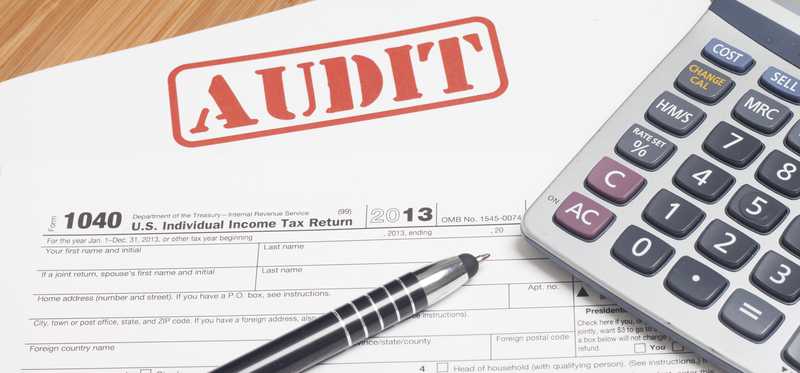
13. When can I get rid of my old tax documents?
The IRS has the right to ask questions about any return during the past three years, so you should always hang onto your old tax documents at least that long. In some cases, though, you'll end up wanting to keep records indefinitely. One example is that homeowners should keep a record of their purchase price as long as they own the home, so that they can document their capital gains when they sell.
Previous
Next
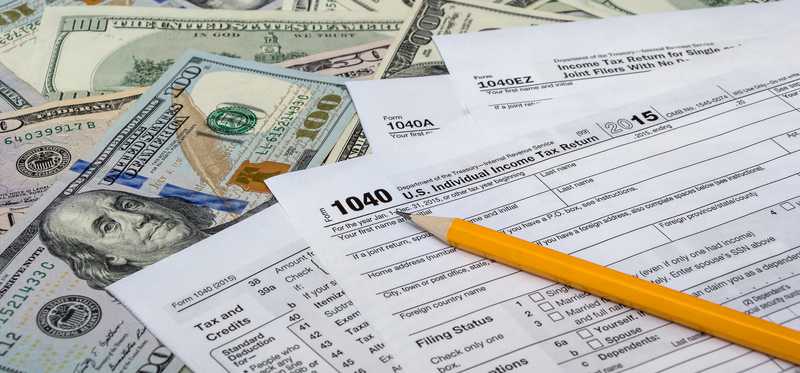
14. I can't afford to pay my taxes. Should I not bother filing?
It's always smart to file a return even if you can't pay your tax bill. The penalty for failing to file a tax return is 10 times higher -- 5% per month -- than the 0.5% monthly penalty for not paying taxes due. Those who owe a lot might be able to take advantage of special programs to get the IRS to implement a payment plan or find some other solution.
ALSO READ: Why Your Tax Return Absolutely Must Be on Time -- Even if You Can't Pay on Time
Previous
Next

15. Can I get free help doing my taxes?
The IRS has programs to help people get the tax guidance they need. The Volunteer Income Tax Assistance program offers free help for those making $55,000 or less, including electronic filing and tax preparation services at hundreds of locations across the nation. Visit this IRS website to get more details about the program and find out whether you're eligible.
Previous
Next
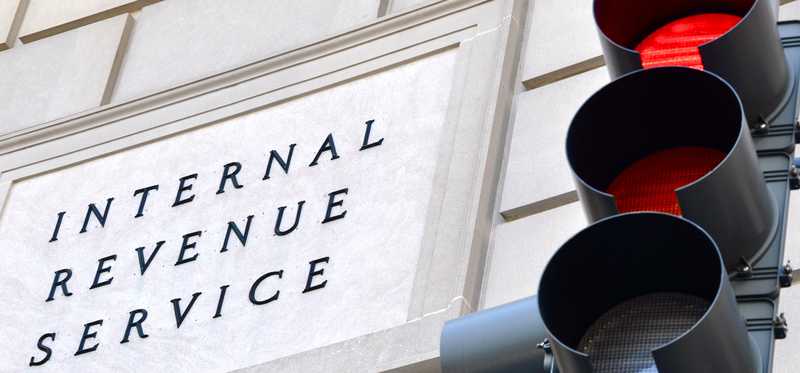
Don't wait on your taxes!
Almost no one likes to prepare tax returns. But the sooner you get started, the sooner you'll be done for another year -- and the sooner you might be able to get some extra cash back from the IRS.
The Motley Fool has a disclosure policy.
Previous
Next
Invest Smarter with The Motley Fool
Join Over Half a Million Premium Members Receiving…
- New Stock Picks Each Month
- Detailed Analysis of Companies
- Model Portfolios
- Live Streaming During Market Hours
- And Much More
READ MORE
HOW THE MOTLEY FOOL CAN HELP YOU
-
Premium Investing Guidance
Market beating stocks from our award-winning service
-
The Daily Upside Newsletter
Investment news and high-quality insights delivered straight to your inbox
-
Get Started Investing
You can do it. Successful investing in just a few steps
-
Win at Retirement
Secrets and strategies for the post-work life you want.
-
Find a Broker
Find the right brokerage account for you.
-
Listen to our Podcasts
Hear our experts take on stocks, the market, and how to invest.
Premium Investing Services
Invest better with The Motley Fool. Get stock recommendations, portfolio guidance, and more from The Motley Fool's premium services.